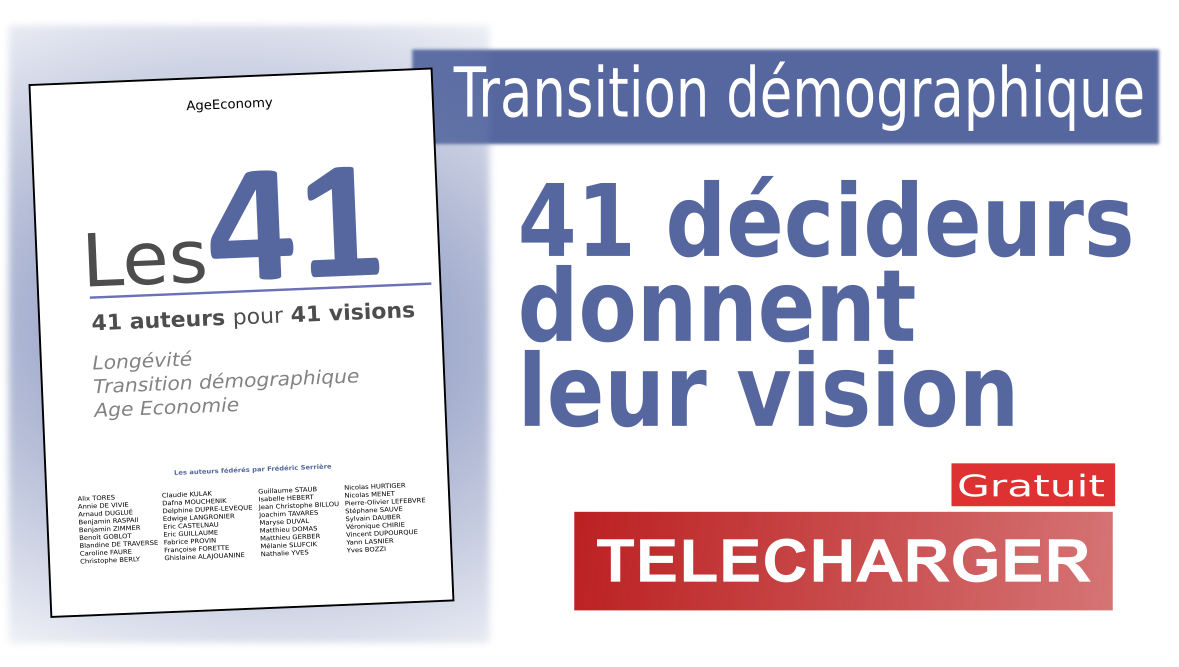The new Member States will fit into the European social model and, given their labour force reserves and high overall levels of educational attainment, are well placed in the long term to become major drivers of economic growth and social improvement. This is one of the main findings of the fifth annual report on the social situation in Europe, which is published today and is the first to cover the enlarged EU of 25 Member States. Experience of past enlargements shows that although the EU is currently faced with more acute problems of poverty, deprivation and inequality, there will be a benefit over time.
The report makes clear that, notwithstanding their differences, all 25 Member States share core social values and concerns and are confronted with the same basic problems of demographic ageing, a shrinking working population and the need to reform pension and health-care systems. The accession of 10 new Member States in May 2004 will not change the Union’s ageing process. Although their populations are younger than those of the EU-15, they too have had low fertility rates over the past decade and their demographic patterns will converge with those of the EU-15.
Living standards are lower in the EU following enlargement. Nearly one in three people in the EU-25 earn less than 75 per cent of its average income per head and two-thirds of these people live in the new Member States and account for some 95 per cent of their population. However, relative levels of poverty are moderate compared to the EU-15. In addition, there is a fair degree of national social cohesion in most new Member States and many of them have well-developed social protection schemes.
Several new Member States introduced courageous pension and health reforms in the midst of economic and political turmoil, which demonstrates an ability to tackle tough reform issues. This has prepared them to join the Lisbon process. Even before accession these countries followed the new processes for social inclusion and pension reform and the report demonstrates that they stand to play a full role as both beneficiaries and contributors in the development of the European Social Model.
The social situation report is a key reference document for social policy, combining statistical portraits of social issues with survey data on public attitudes and perceptions.
source : http://europa.eu.int




